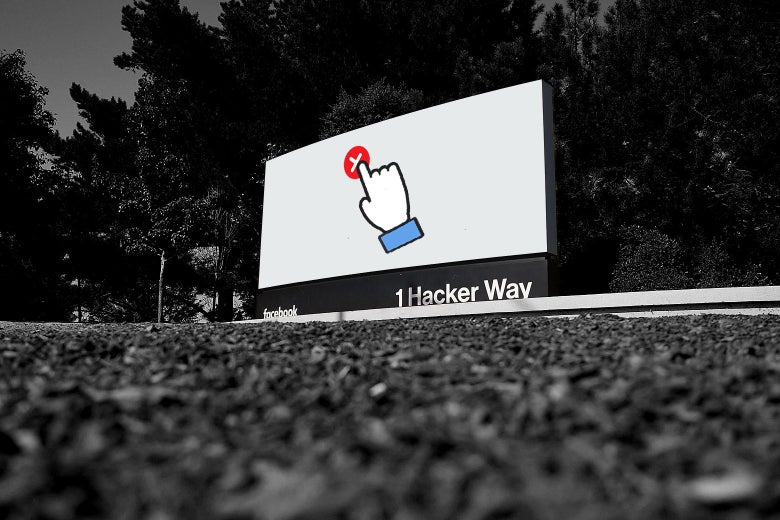 McCoy MS, Joffe S, Emanuel EJ.
McCoy MS, Joffe S, Emanuel EJ.JAMA. Published online January 16, 2020.
doi:10.1001/jama.2019.22354
Here is an excerpt:
The Risks of Data Sharing
When health systems share patient data, the primary risk to patients is the exposure of their personal health information, which can result in a range of harms including embarrassment, stigma, and discrimination. Such exposure is most obvious when health systems fail to remove identifying information before sharing data, as is alleged in the lawsuit against Google and the University of Chicago. But even when shared data are fully deidentified in accordance with the requirements of the Health Insurance Portability and Accountability Act reidentification is possible, especially when patient data are linked with other data sets. Indeed, even new data privacy laws such as Europe's General Data Protection Regulation and California's Consumer Privacy Act do not eliminate reidentification risk.
Companies that acquire patient data also accept risk by investing in research and development that may not result in marketable products. This risk is less ethically concerning, however, than that borne by patients. While companies usually can abandon unpromising ventures, patients’ lack of control over data-sharing arrangements makes them vulnerable to exploitation. Patients lack control, first, because they may have no option other than to seek care in a health system that plans to share their data. Second, even if patients are able to authorize sharing of their data, they are rarely given the information and opportunity to ask questions needed to give meaningful informed consent to future uses of their data.
Thus, for the foreseeable future, data sharing will entail ethically concerning risks to patients whose data are shared. But whether these exchanges are exploitative depends on how much benefit patients receive from data sharing.
The info is here.


















